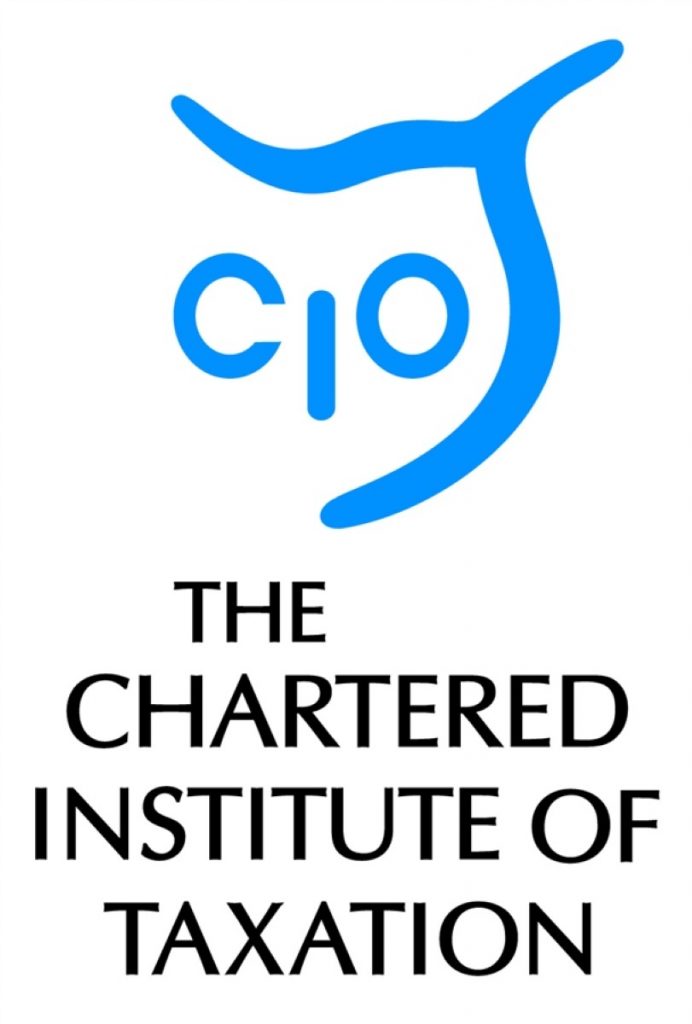Whilst welcoming the Taylor Review’s proposals to bring greater fairness in rights to certain workers in the ‘Gig Economy’, the Chartered Institute of Taxation (CIOT) advises that the suggestion in the Taylor Review to keep the three categories of workers under employment law – renaming one ’dependent contractor’ from ‘workers’ – means further work will still be needed to ensure fairness and simplicity in tax outcomes.
The Institute is supportive of the Review’s recommendation that treating different forms of employment more equally in the tax system would be fairer, and would better reflect the reality of the modern UK labour market.
Colin Ben Nathan, Chair of the CIOT’s Employment Taxes Sub-committee, said:
“Whatever it brings in fairness for the worker, unless the tax status of ‘dependent contractors’ is addressed at the same time as their employment and other rights are established, the tax system will remain complex and distorted. Maintaining three different categories of workers (employed, ‘dependent contractor’ and self-employed) for employment law but just two for tax (employed and self-employed) is a mismatch which means confusion and inconsistency among taxpayers and their employers will continue. It is crucial that individual taxpayers and employers know what their responsibilities are to HMRC before any such detailed change to the three employment categories goes ahead.
“We welcome the desire of Taylor to take account of the tax system on his changes to employment definitions and agree that treating different forms of employment more equally in the tax system would be fairer, more economically efficient and support better quality work. It is vital that any future changes to employment taxation to align with the three new bands of workers are thoroughly consulted on.”
Colin Ben Nathan added:
“The imbalance between the tax burden on employment and self-employment remains very large and may be the biggest issue to be addressed if the tax system is to keep pace with working practice. The gap should be narrowed so as to remove incentives for one status over another from a tax viewpoint.
“The Government must develop an overarching roadmap for the taxation of labour in the 21st century. This must address what the key tax challenges are and how they are to be managed over the next five to 10 years. Not least given increasing automation and offshoring, less people paying tax and National Insurance and so on the face of it less revenue flowing to the Treasury.”
While the CIOT has called for the Chancellor to look again at greater alignment between the employed and self-employed, it said in its submission to Taylor that the key distortion is Employer’s NICs, which applies to employees but not the self-employed. Government could consider broadening the scope of employer NICs to make it a wider levy on business costs, the Institute suggested.
Notes to editors
1. Good work: the Taylor review of modern working practices can be found here.
2. The Chartered Institute of Taxation (CIOT)
The CIOT is the leading professional body in the United Kingdom concerned solely with taxation. The CIOT is an educational charity, promoting education and study of the administration and practice of taxation. One of our key aims is to work for a better, more efficient, tax system for all affected by it – taxpayers, their advisers and the authorities. The CIOT’s work covers all aspects of taxation, including direct and indirect taxes and duties. Through our Low Incomes Tax Reform Group (LITRG), the CIOT has a particular focus on improving the tax system, including tax credits and benefits, for the unrepresented taxpayer.
The CIOT draws on our members’ experience in private practice, commerce and industry, government and academia to improve tax administration and propose and explain how tax policy objectives can most effectively be achieved. We also link to, and draw on, similar leading professional tax bodies in other countries. The CIOT’s comments and recommendations on tax issues are made in line with our charitable objectives: we are politically neutral in our work.
The CIOT’s 18,000 members have the practising title of ‘Chartered Tax Adviser’ and the designatory letters ‘CTA’, to represent the leading tax qualification.
For further information please contact-
Hamant Verma
External Relations Officer
D: +44 (0)20 7340 2702
Out of hours: 07740 477 374 (George Crozier)





-01.png)